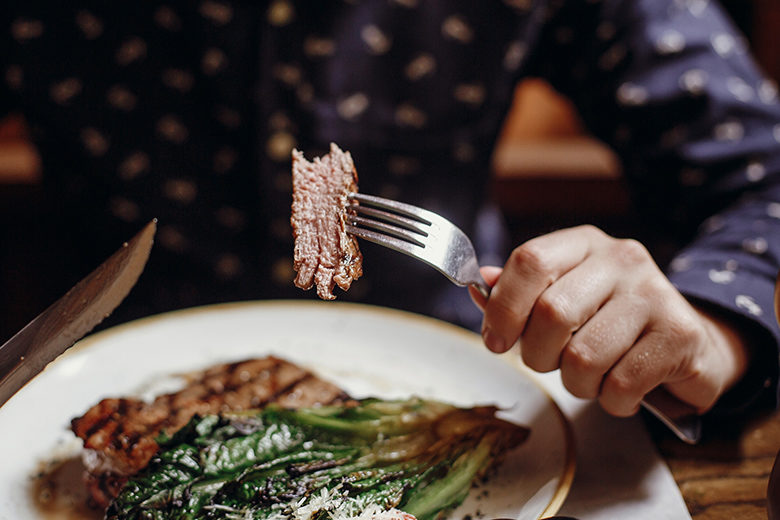
The World Health Organization’s announcement about the link between cancer and consumption of processed meat and red meat made big news in my country, Argentina. After all, we are the nation with the second highest consumption of beef in the world. Nutrition experts here have been getting lots of questions from meat lovers: Should I give up beef? How much meat is OK to eat?
Here six of most frequently asked questions I’ve heard.
What Does the Report Say?
The statement, made from the International Agency for Research on Cancer (IARC), the cancer agency of the WHO, classifies “the consumption of red meat as probably carcinogenic to humans (Group 2A), based on limited evidence that the consumption of red meat causes cancer in humans.” Here, “red meat” refers to varieties such as beef, veal, pork, lamb and goat.
And, “Processed meat was classified as carcinogenic to humans (Group 1), based on sufficient evidence in humans that the consumption of processed meat causes colorectal cancer.” Here, “processed meat” refers to any meat that has been transformed through salting, curing, fermentation, smoking or other processes to enhance flavor or improve preservation.
What Are “Group 1” and “Group 2a” Carcinogens?
Besides processed meat, other “group 1 carcinogens” include smoking and alcohol. Besides red meat, other “group 2a carcinogens” includes ultraviolet radiation. While this may sound frightening, it’s important to keep in mind that this classification shows how certain IARC is that red and processed meat cause cancer, not how much cancer they cause. The report says that each 50 gram portion of processed meat eaten daily increases the risk of colorectal cancer by 18 percent, while the risk of lung cancer from tobacco is much higher (86 percent). There are still plenty of questions to answer about how red meat relates to cancer.
What’s the Evidence?
We already know there is a large body of evidence that links colorectal cancer with higher consumption of processed meat and red meats. A meta-analysis of prospective studies funded by the World Cancer Research Fund International published in 2011 is one of the most convincing studies that support this relationship. However, we should remember that risk is not the same as cause, and that many lifestyle and genetic factors will determine cancer development.
Does the Report Address Cooking Methods?
There is no conclusion, but in a “Questions & Answers” sheet, IARC says that cooking at high temperatures or with the food in direct contact with a flame or a hot surface, as in barbecuing or pan-frying, produces more of certain types of carcinogenic chemicals (such as polycyclic aromatic hydrocarbons and heterocyclic aromatic amines).
How Much Red Meat is Safe to Eat?
WHO’s statement recognizes that red meat has “nutritional value.” Red meat is an important source of iron, proteins and B vitamins, so moderate red meat consumption can be part of a healthy diet. However, there is not enough evidence to give meat lovers a specific amount that is OK to consume, while individuals are recommended to limit their consumption of processed meats.
What Does the Academy of Nutrition and Dietetics Say?
Shortly after the WHO report was released, the Academy of Nutrition and Dietetics — the world’s largest organization of food and nutrition professionals, and this publication’s publisher — released a response to the WHO report. The Academy recommends consumers vary their daily protein choices by including lean meats, poultry and fish along with plant sources, and to limit processed meat consumption.
More importantly, the Academy emphasizes the balance of food and beverages within energy needs, rather than any one food or meal. According to the Academy’s “Total Diet Approach to Healthy Eating” position paper, “[W]hen too much emphasis is given to a single food or food component, confusion and controversy can hinder, rather than facilitate, consumers’ ability to adopt healthy dietary patterns.”
Finally, the Academy says, “Anyone who is concerned about how red meat can be included into a healthy eating plan should consult a registered dietitian nutritionist.”






